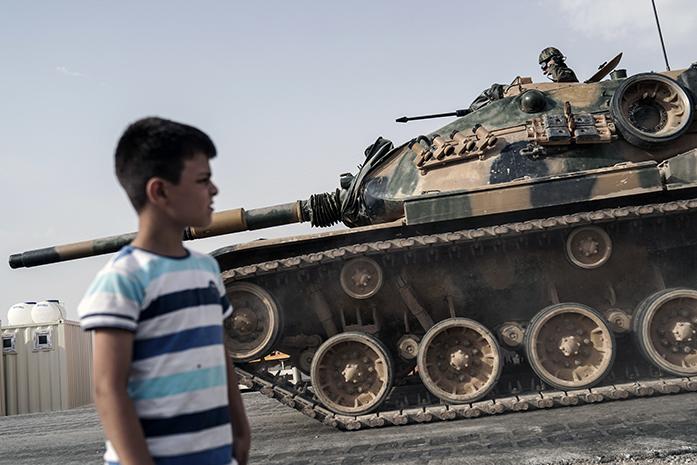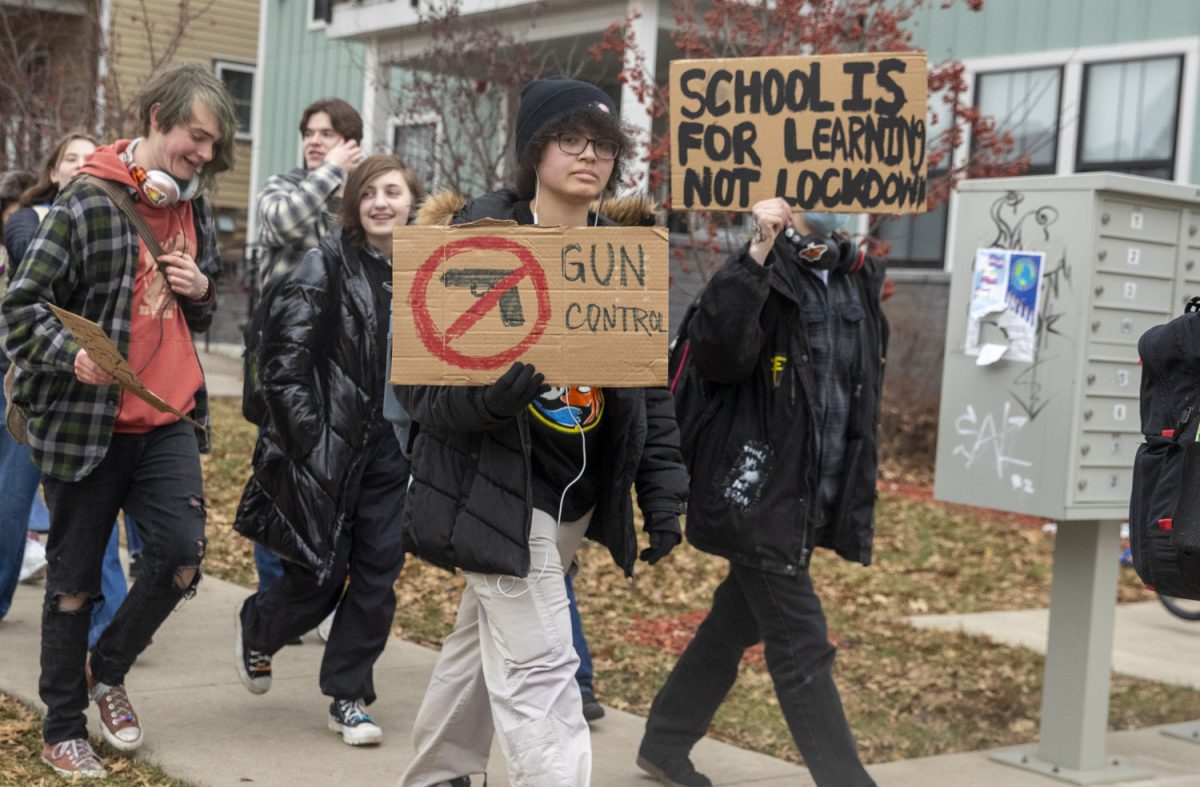This past weekend, a bombing attack on a wedding in Turkey killed 54 people; 22 of whom, according to CNN, were under the age of 14.
Following the attack, the Turkish government claimed that the bomber was a young teenager between the ages of 12 to 14, but it has since retracted the statement, instead indicating that such rumors have existed but are thus far unconfirmed.
The loss of a child whether at the hands of ISIS or to its ranks is the most unforgivable act the terrorist organization can and does commit. So regardless of whether the attacker was under 14, children were a huge part of this attack, and the story now paints a dark picture of life as a child in the Middle East.
In addition to the attack in Turkey, USA Today reports that a 12- or 13-year-old boy was captured in Kirkuk, Iraq, over the weekend before he was able to detonate an explosive belt “strapped to his body by masked men.”
The climate for children in the Middle East has long been not ideal, but it just may be worse now. As recruitment efforts by terrorist organizations — specifically ISIS — trend younger, the fight against terrorism will have to change as well.
It’s an over-simplification to classify Middle Eastern children into two categories: those in ISIS and those threatened by it. But these two horrifying options are a reality for those growing up in countries such as Turkey, Syria, and Iraq. While, comparatively, the number of children joining ISIS is miniscule, there are disturbing trends.
According to CNN, “ISIS has long made clear its intent to raise the next generation of jihadists, calling them the ‘cubs of the caliphate.’ ” But even more scary than the “next generation of jihadists” is that, as CNN also explains, children are being brought up as soldiers not for any particular reason (such as small size) but simply because they can fill another role.
One of the experts interviewed for the aforementioned CNN article, Mia Bloom, said she estimates there to be 1,500 children in the ISIS forces. The best way to prevent these kids from joining the ranks of ISIS is to go through the family and the religion, she said, but both are being used and corrupted by ISIS during the recruiting process.
As has often been called upon to be the solution to many of the world’s problems, it would seem that educating the youth of the Middle East about the false teachings of ISIS would be the first step in preventing the corruption of young kids. But education alone won’t stop ISIS from engaging children, because the organization has developed such methodical recruitment tactics.
According to the USA Today, children are slowly seduced into ISIS through gradual methods, including specific steps, beginning with comforting gifts and leading to participation in the horrifying acts seen on news outlets around the world.
Children are enticed and parents allow them to be enticed because of ISIS’ attractive offerings. But if education were used not only to diminish the group’s power but also to improve the other options for these children, it could prove far more successful.
According to a Time article from late 2015, 13 million Middle Eastern children are unable to attend school — 40 percent of children in the region are not receiving education, largely because of displacement and damaged schools.
Education in the Middle East doesn’t have to be simply about the terrors of joining ISIS; it just has to exist in some form.
While there are aid organizations from U.S. and around the world working to build schools in Iraq, Syria, and the like, the effort clearly needs to be a bigger part of the overall mission, possibly even trumping specific anti-ISIS education.










